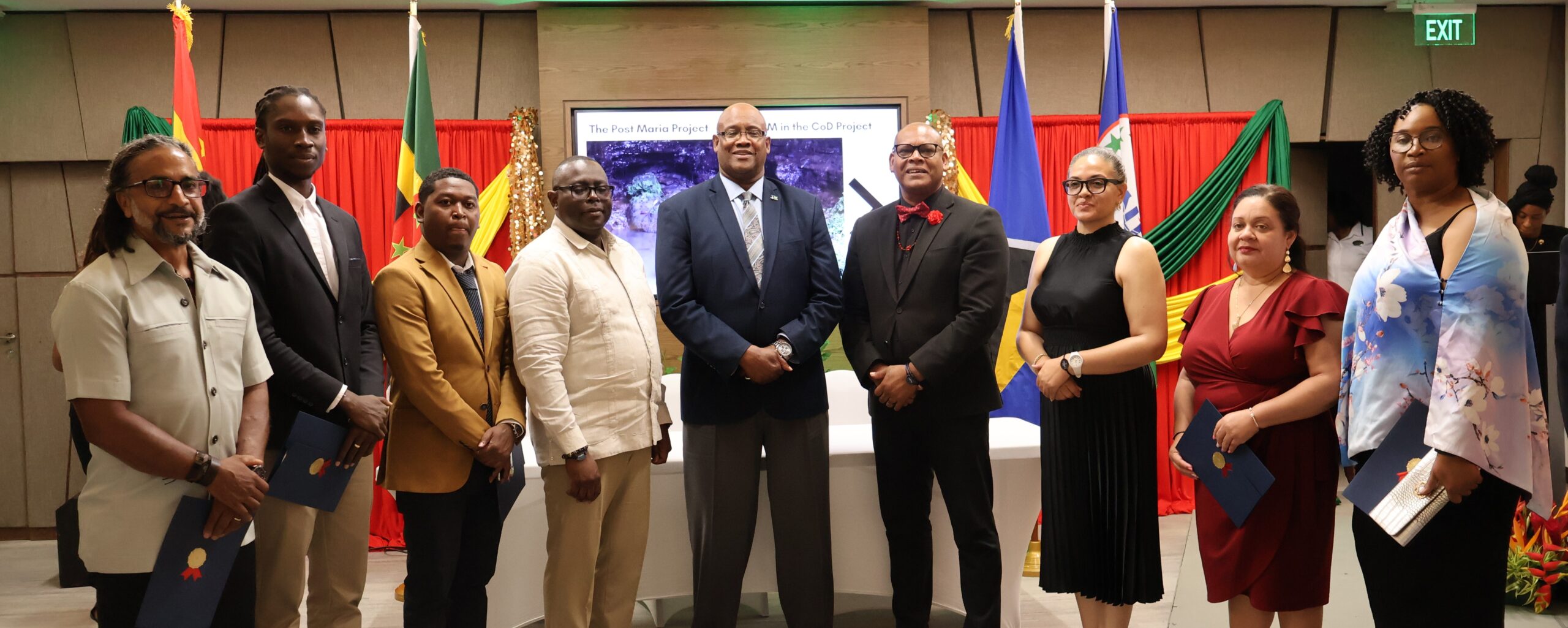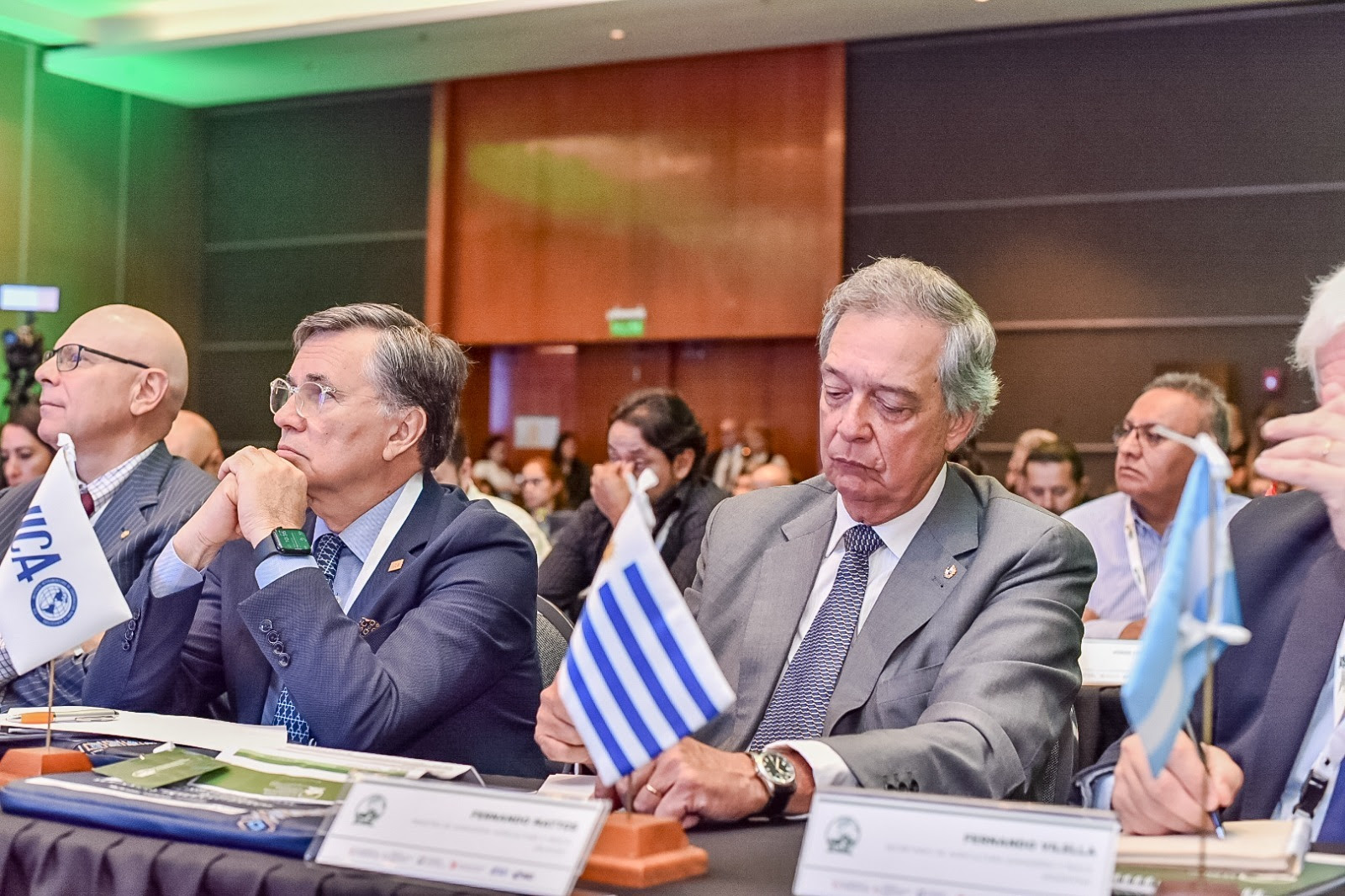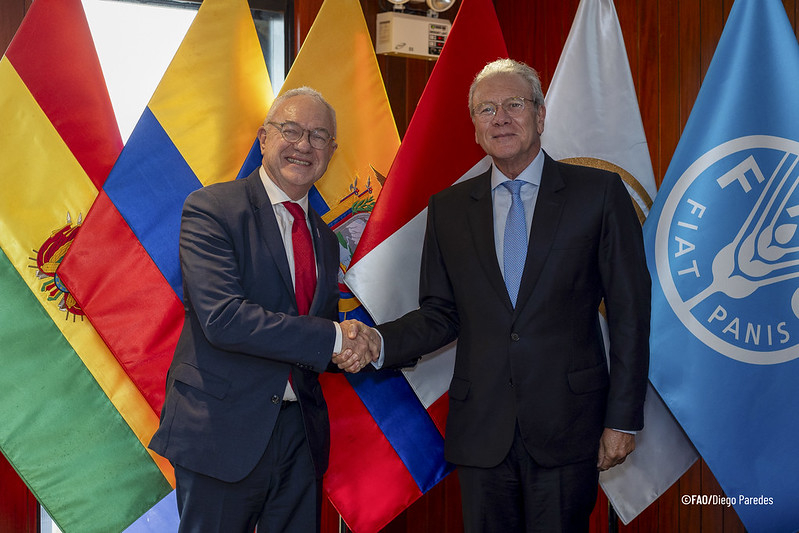KINGSTON, Jamaica, Jan 04 2015, CNS – Ayesha is a youth leader and researcher who seeks to build awareness and advocates on matters of gender and environmental justice towards influencing national policy. As a PhD candidate conducting research on impacts of climate change on small-scale agriculture in Jamaica, she examines the impacts of climate variations and the value of indigenous knowledge as a tool for adaptation and mitigation. With the use of social media and other tools she engages youth participation in decision-making and on issues of governance. She also seeks to empower youth in environmentally vulnerable rural communities to harness social capital to lobby for environmental conservation and become advocates for social justice.
She is a member of the Jamaica chapter of the Caribbean Youth Environment Network, a network of youth from across the region involved in environmental work and a contributor to an online environmental newswire service called, The Verb. She is involved in the leadership of the I’m Glad I’m a Girl Foundation (Vice-President) and the Jamaica Geographical Society (Secretary), which work towards fostering female empowerment and environmental awareness respectively. She conducts research on issues related to youth, governance and sustainable environmental development.
She recently participated in Global Power Shift in Istanbul, Turkey and is now working with four other youth leaders in the Caribbean to implement projects to promote climate change awareness. She is passionate about being an agent of change and her goal is to help create a better and safer world in which every child can grow to fulfill all their dreams.
1. What do you love most about the Caribbean? Among the things I love about the Caribbean are the beauty of the natural landscape, the diverse and rich culture. Most of all I love the people – our energy and spirit which is evident in the way we walk, talk and dress. The intensity with which we do the things that we do. The food – as diverse and flavorful as the people. The ‘we will overcome’ mentality and the optimism which we hold onto in the face of adversity.
2. What brings you the greatest joy? My family. Spending any time at all with my parents and siblings fills me with immense joy. It gives me time to reflect on life and time to be grateful for the things that really matter. Moments with my family are moments filled with love, laughter and gratitude for each other and for life. I believe we are each at our best when we are together. Spending time with them refuels and rejuvenates me and inspires me to keep striving for the best.
3. What is the best advice you've been given? “You are enough.” It served as a reminder that I was ‘enough’ the way that I am. We often feel as though we would be perfect ‘if only…’ This message came at a time when I was doubting myself – my accomplishments and my abilities. Upon reflecting on the message I was reassured that I was complete as I am and was good enough, worthy enough, and capable enough.
4. What is on your bookshelf? Paulo Coelho’s – The Alchemist, The Zahir, Eleven Minutes, The Fifth Mountain. Sophie Kinsella – Confessions of a Shopaholic. Miguel Ruiz – The Four Agreements. Ben Carson- Think Big. Mitch Albom –Tuesdays with Morrie. Jamaica Kincaid – A Small Place. A bunch of Climate Change texts.
5. What charity do you support? The Salvation Army; Mary’s House – a home for teenage mothers.
6. What is on your bucket list? Though there is a lot I would like to do, I have not compiled a bucket list. I have had some amazing experiences, some life changing experiences, most of them unplanned. Many of them were ‘seemingly trivial encounters’ with people, in places you might have thought unworthy of a bucket list. Those have thought me the value of ‘chance encounters’ which are really a part of the bigger plan. I suspect I might have missed the significance of some of these experiences if I had limited myself to a bucket list. I think every experience teaches us important lessons. It might be as simple as a conversation with an indigenous woman about life in the Peruvian Andes or as big as climbing Mt. Fuji. I always walk away a better person. My goal is to always be present mentally in every experience, plan or unplanned, and to take the lessons and apply them to my life. I don’t want to miss the forest for the trees so I make my list as I go and give thanks for each opportunity I am given.
7. What is on your perennial to-do list? Write for my doctoral thesis; Meditate; Exercise; Make a blog post; Be grateful (I actually wrote this twice on this list); Live my best life today.
9. Who are your Caribbean heroes? Marcus Garvey; The women from all across the Caribbean who have advocated for women’s rights and advanced gender equality; Bob Marley; Louise Bennett; Derek Walcott; Usain Bolt; Robert L. Bradshaw; Prof. Verene Shepherd.
10. Who is on the guest list for your ideal dinner party? My family; My close friends; Ruth Nyambura and Wambui Gichobi – two activists from Kenya who I met through Global Power Shift; Nelson Mandela; Oprah Winfrey; Michelle Obama; Paulo Coelho; Maya Angelou; Tracy Chapman; Mother Teresa
11. What quote do you live by? “Do it afraid”- Sheryl Sandberg. “When you want something, all the Universe conspires in helping you achieve it.” – Paulo Coelho
12. What is one thing people would be surprised to know about you? I get nervous in front of an audience. I tell really good jokes.
13. What is one thing you wish you knew when you were younger? That I didn’t have to take life so seriously all the time. That it was okay to make mistakes. That I could live in the moment sometimes and not worry so much about getting everything right.
14. What would you want to say to the Caribbean about any one of these: Agriculture, Arts & Culture, Climate Change, HIV/AIDS, Tourism? Agriculture is in many ways the ‘life line’ of the region. So much history is woven into the industry in the region and it continues to define and sustain so many of us. Agriculture in the Caribbean is being threatened by economic and environmental changes. Trade liberalisation, fledging economies and unfair market systems are hindrances to the growth of agriculture in the region. The current challenges are compounded by the grave threat posed by global climate change. Caribbean agriculture with its basic practices and heavy reliance on the natural inputs is extremely vulnerable to changes in rainfall patterns, increased pests and diseases and longer more intense droughts. Every effort should be taken to promote adaptation of small scale agricultural practices to offset disastrous impacts and secure livelihoods and food production.
15. Any final words? I am proud to be a member of this diverse community of people. I am a product of our history and culture and fully embrace what it means to be ‘Caribbean’. I am inspired by how far we have come as a region as well as by the realisation of how far we can go. The Caribbean has seen some great leaders, whose influence span beyond the shores of our islands. Similarly, the growth of some of our islands has been hindered by poor leadership and corruption. This I believe is one of the greatest challenges we face. I am heartened by the commitment of my peers to help in building our countries. I have no doubt that we will build on the work of those who have preceded us to transform our island homes.



